Fueling your body properly before and after a workout is actually one of the key components of total body health, according to Jessica Jones, a registered dietitian for Self.com. What you eat pre- and post-workout, or don’t eat, determines how your body handles energy levels, muscle reparation, fatigue, and soreness.
Three components to remember both before and after working out are hydration, carbohydrates, and protein (especially when lifting weights). These three categories provide different benefits depending on when you ingest them: Before a workout, they’re used for quick fuel and energy; after, for replenishment and muscle reparation. Read on to find out tips on what to eat, and when, to get the most out of your sweat sessions.
Pre-workout Foods:
Some experts advise not eating before working out, and while fasted cardio can have benefits, more often than not, no food prior to exercise can lead to lightheadedness, dizziness, and nausea. Performance is hindered and muscle gains are halted without the right nutrients, so make sure you get something in your stomach 30 minutes to three hours before a workout.
Carbs are especially helpful; they break down into glucose, enter muscle cells, and provide fuel for exercise. If you don’t have enough glucose stored in your cells while working out, you can feel weak and tired. Simple carbohydrates are best to digest quickly, like a granola bar, dried fruit, or crackers.
Protein is just as important, especially if you’ll be hitting the weights. Weight lifting causes tiny tears in muscle fibers, and protein aids the body in repairing the microtears to build muscles bigger and stronger. Small protein-laden snacks to have before a workout are nuts, a hardboiled egg, or a slice of turkey.
Try to also get two cups of water two to three hours prior to working out, and one cup less than a half hour before the workout. Hydration is important when you’re sweating or training hard, as a lack of H2O can cause low energy or muscle cramps and spasms.
Post-workout Foods:
Eating after a workout is just as important as fueling up before because you need to replace the calories you burnt. Replenishing glycogen is important, and protein after a workout aids in quick muscle recovery—but just be careful not to overcompensate. It’s easy to overdo it with post-workout meals, which is fine if you are trying to gain weight. But for those who want to maintain or lose weight, you need to eat and drink less calories than you spent; skip the energy drinks, bars, fruit-heavy smoothies, and acai bowls. A good rule-of-thumb is to keep snacks under 150 calories and meals under 500 after a workout.
Replenishing your fluids should come first, though. After sweating, your body is more susceptible to dehydration, so keep filling up that water bottle, even when you’re done exercising.
And as far as what to eat, again, carbs and protein are your friends after a workout (but stick to complex carbs post-workout). Try quinoa, brown rice, or whole wheat bread to get those carbs in, and beans, chicken breast, or fish for healthy protein options. These foods will replace the glycogen in your cells and assist in healing the tears in your muscles as fast as possible.


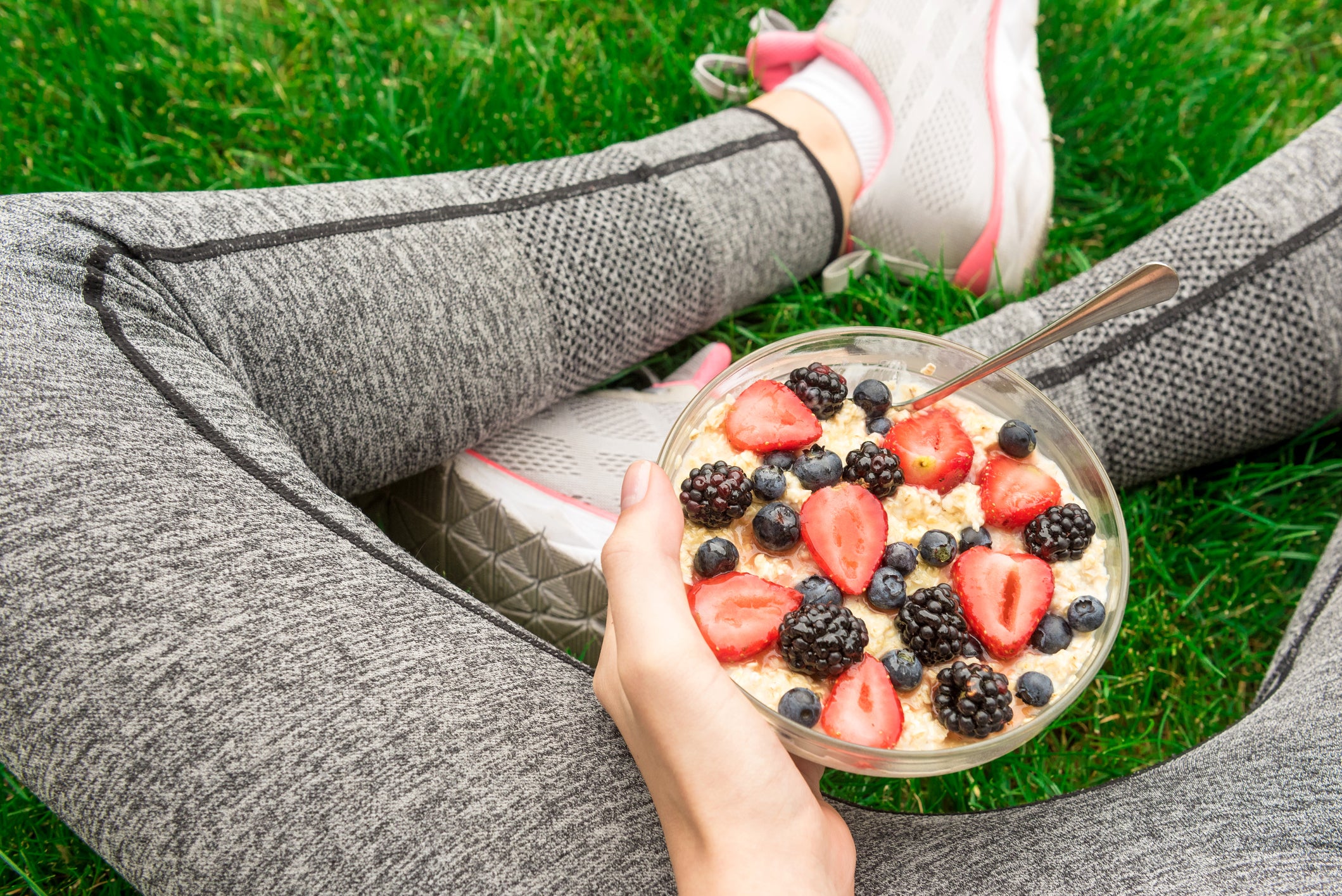
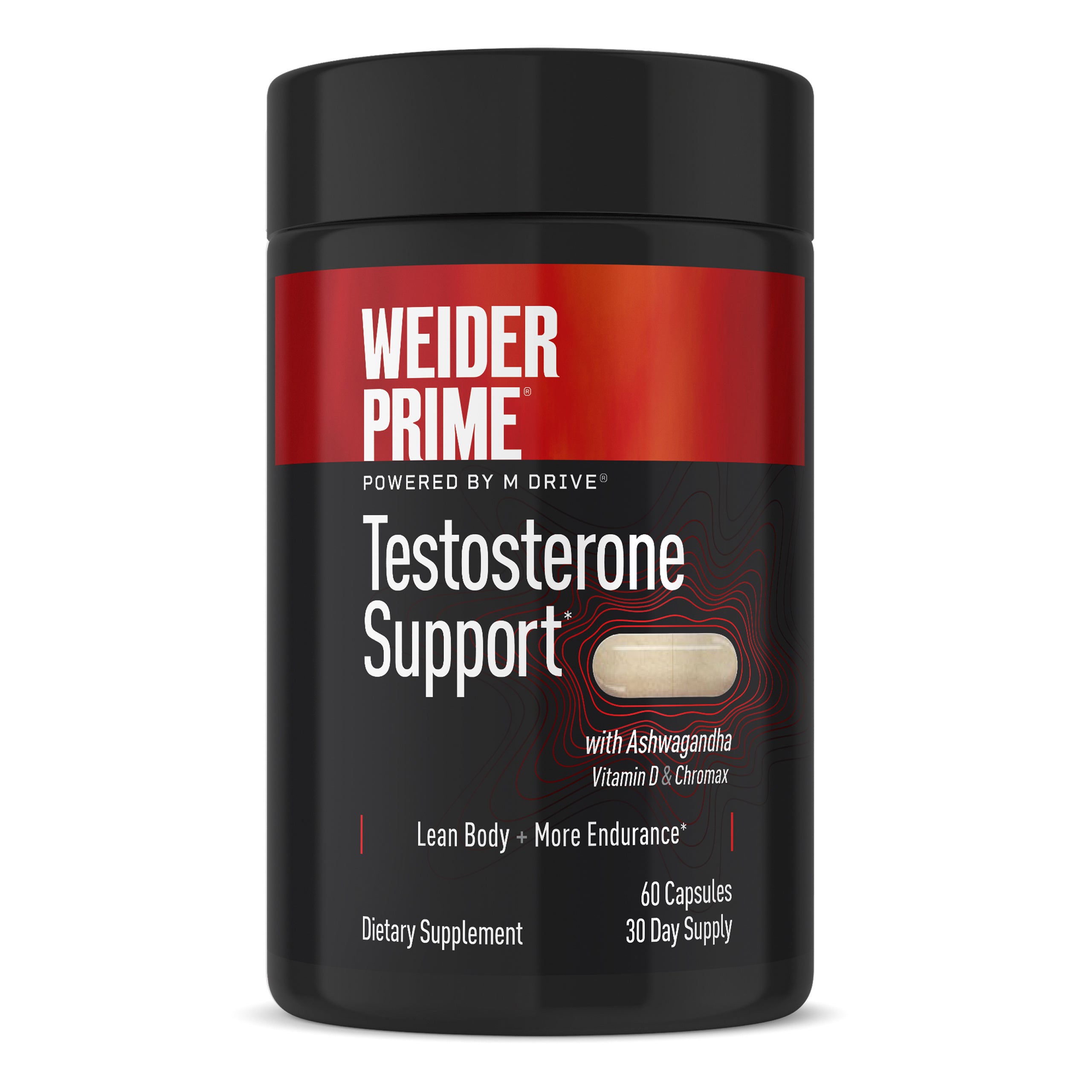
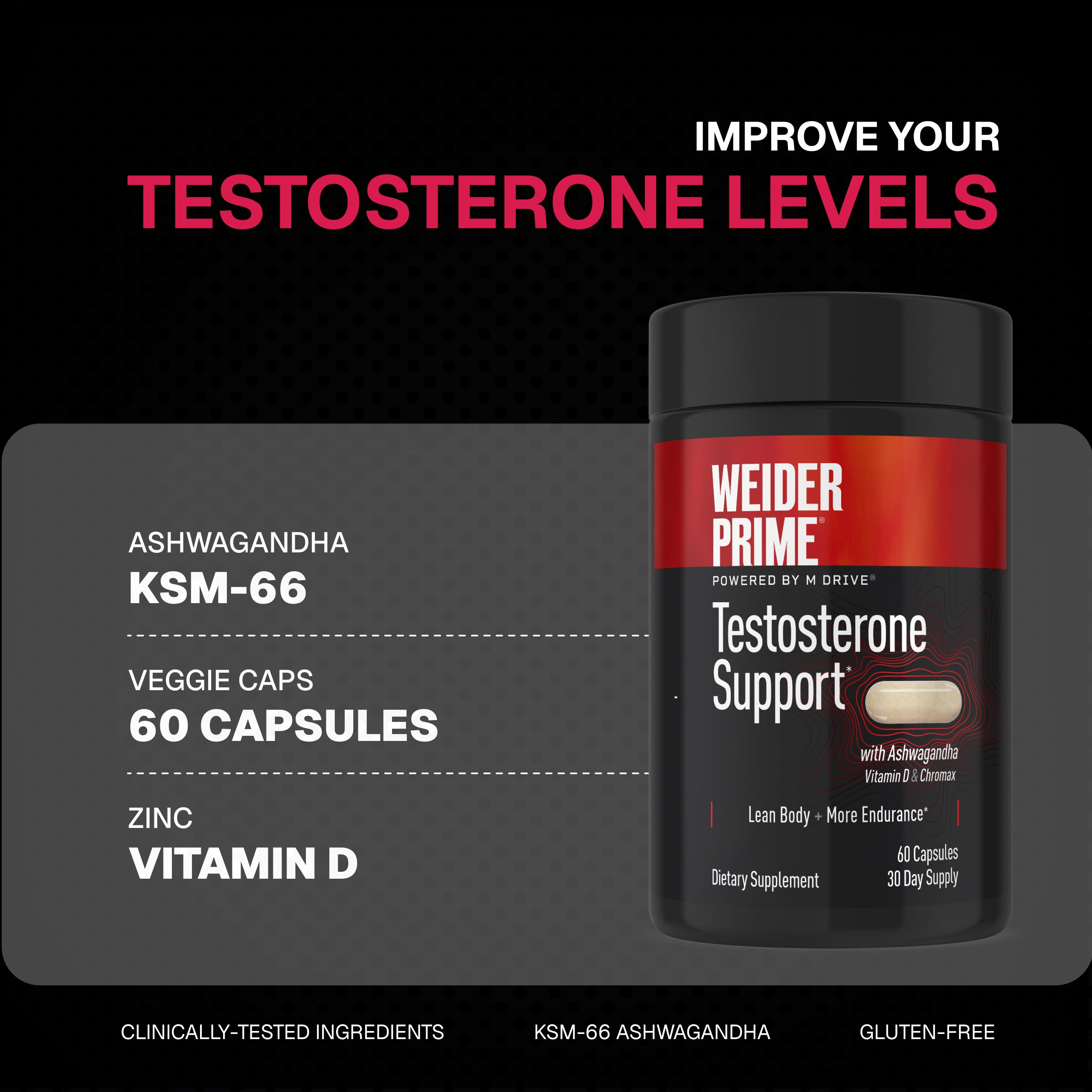
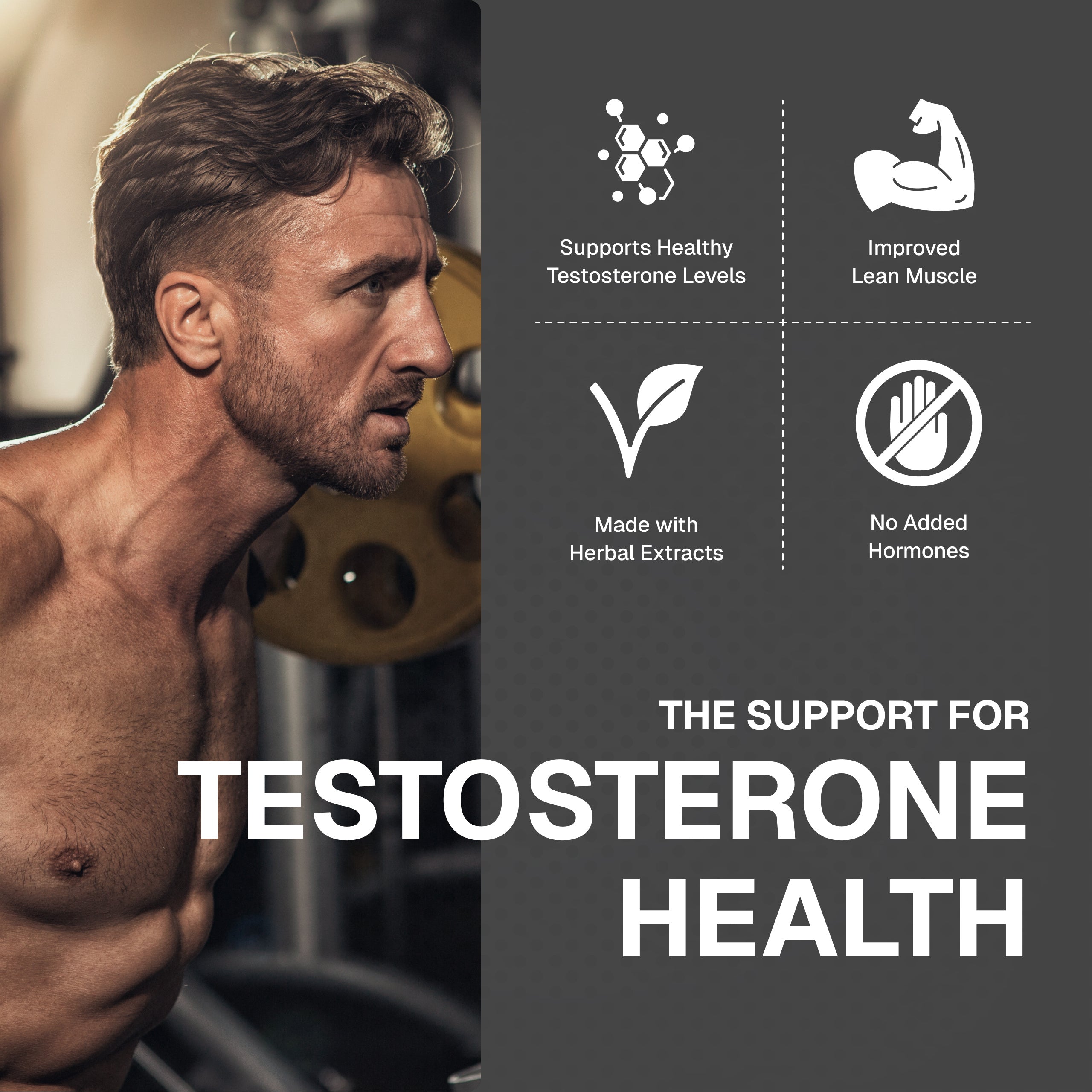
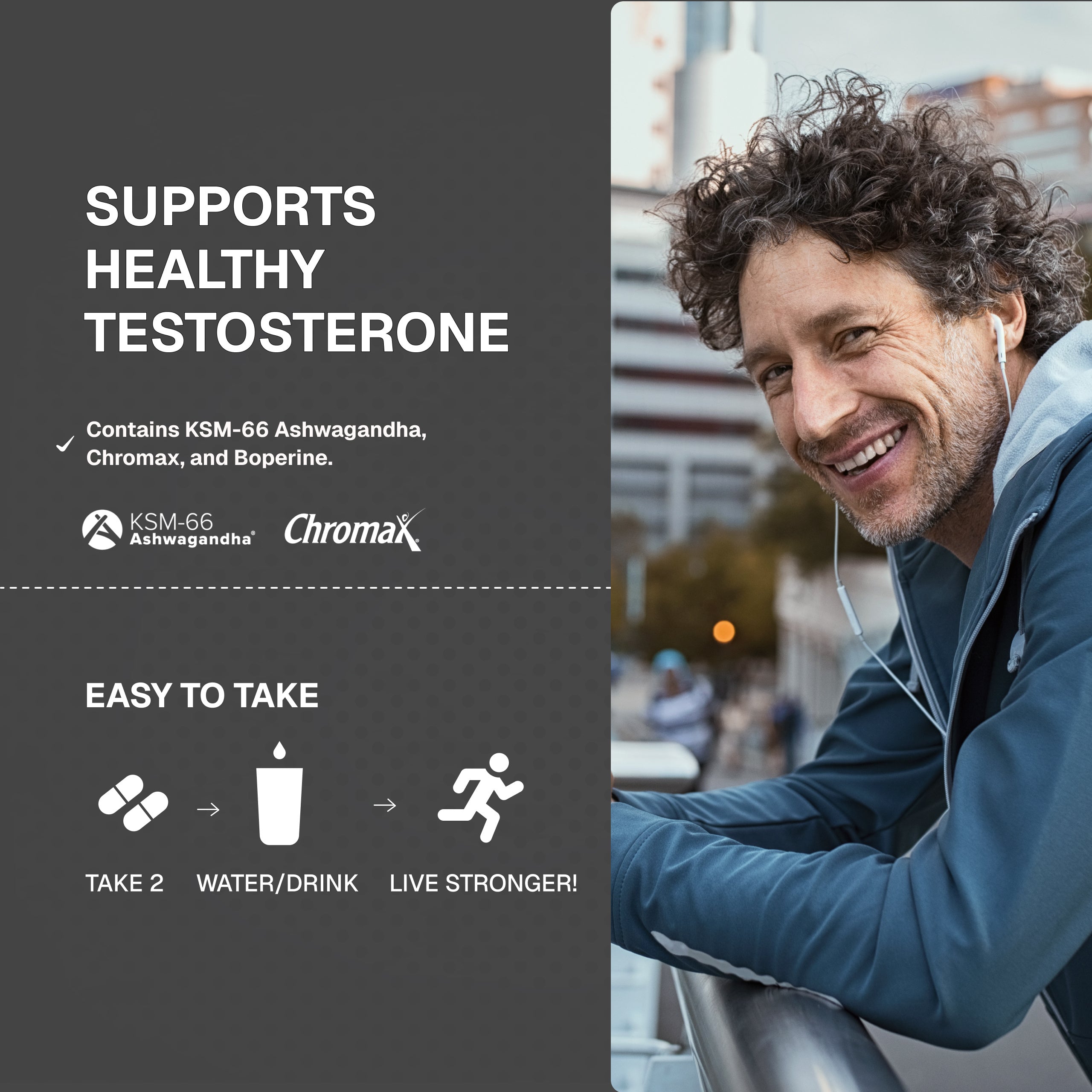
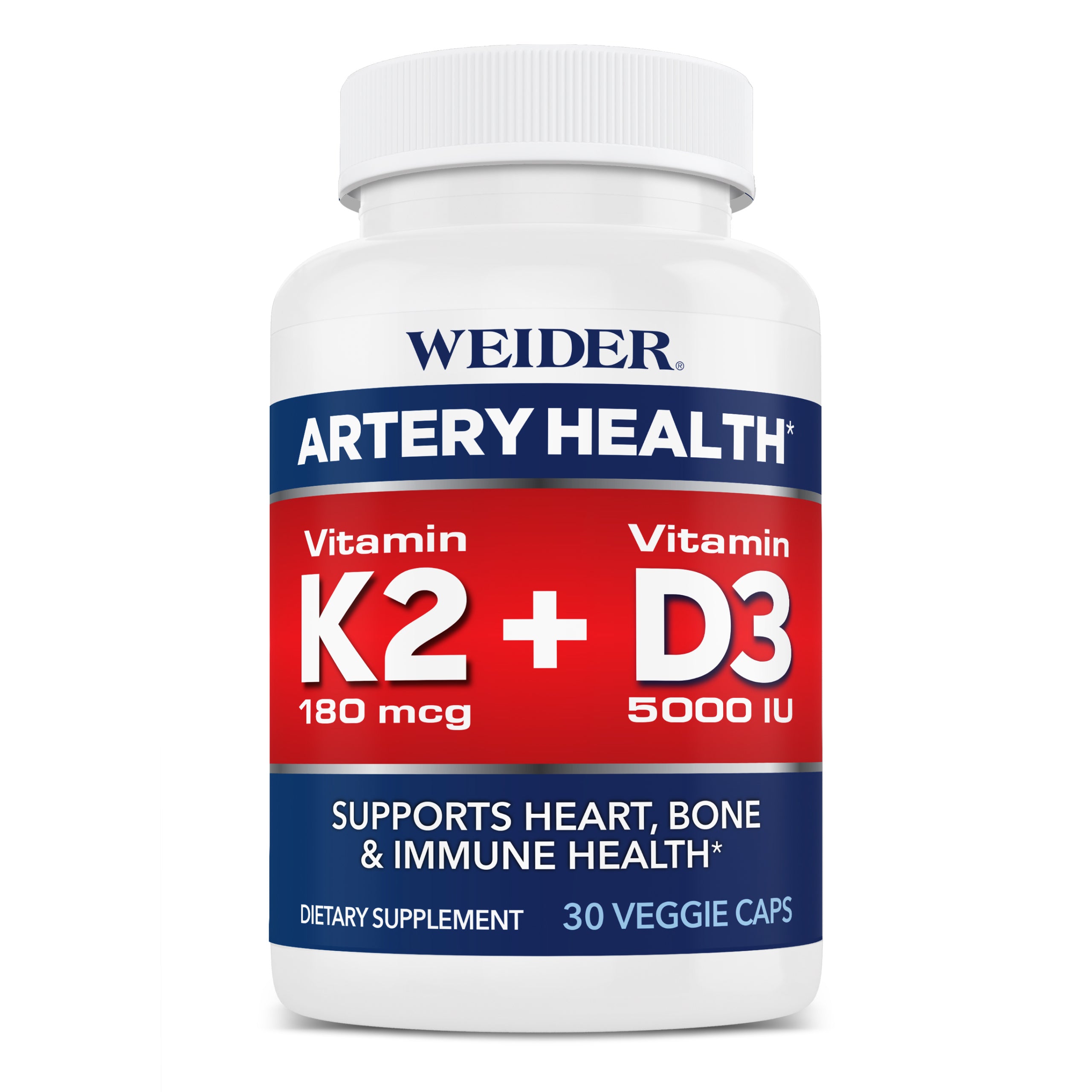
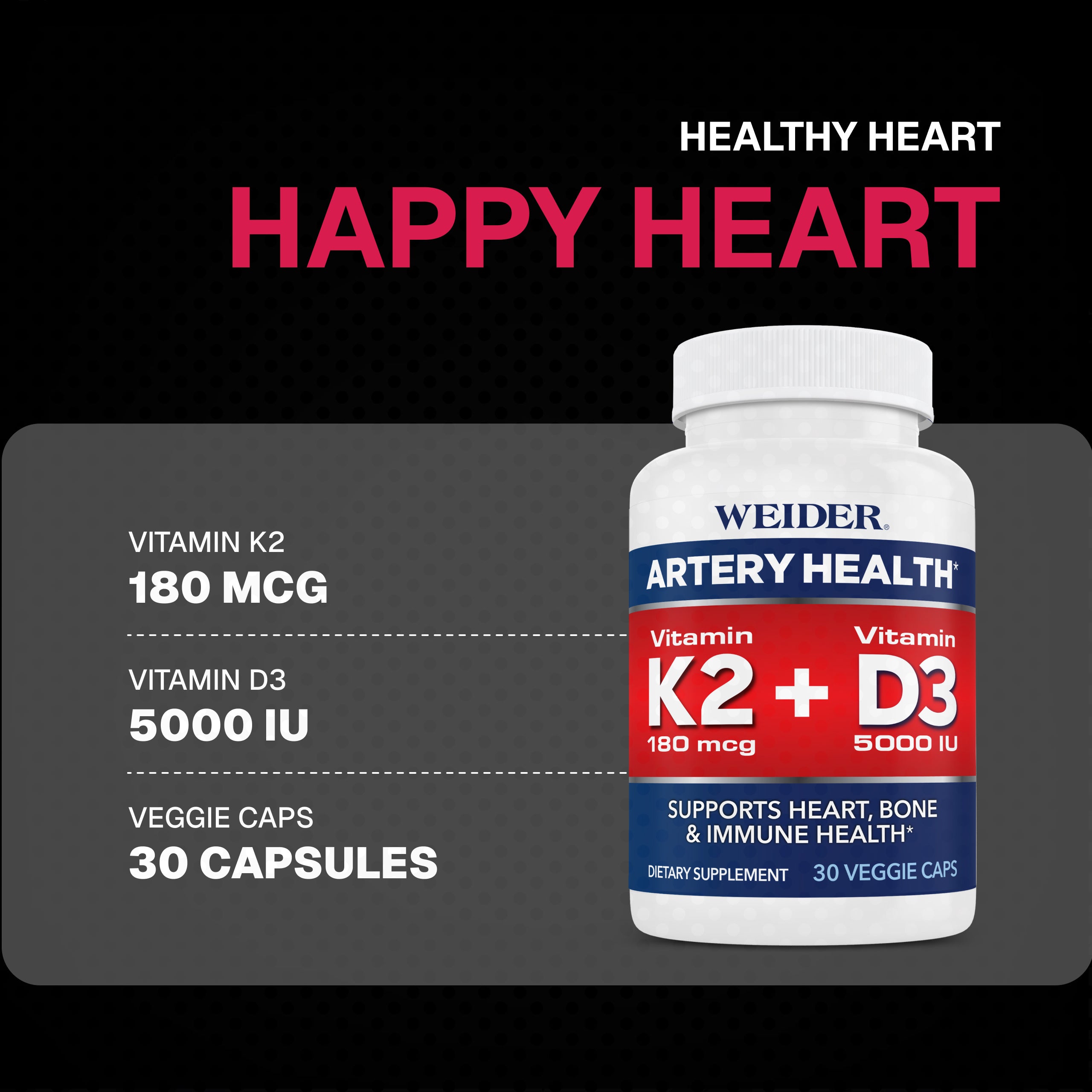
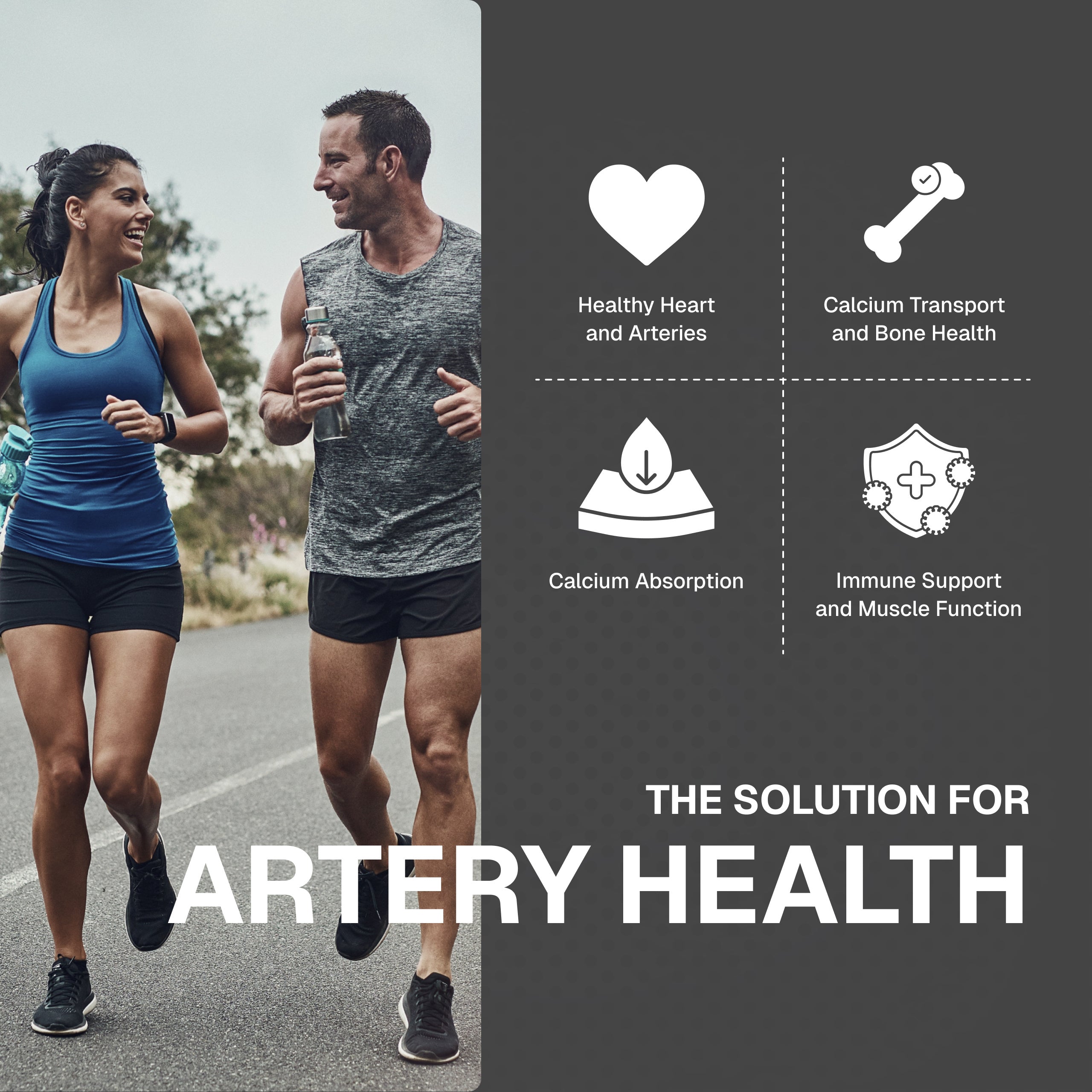
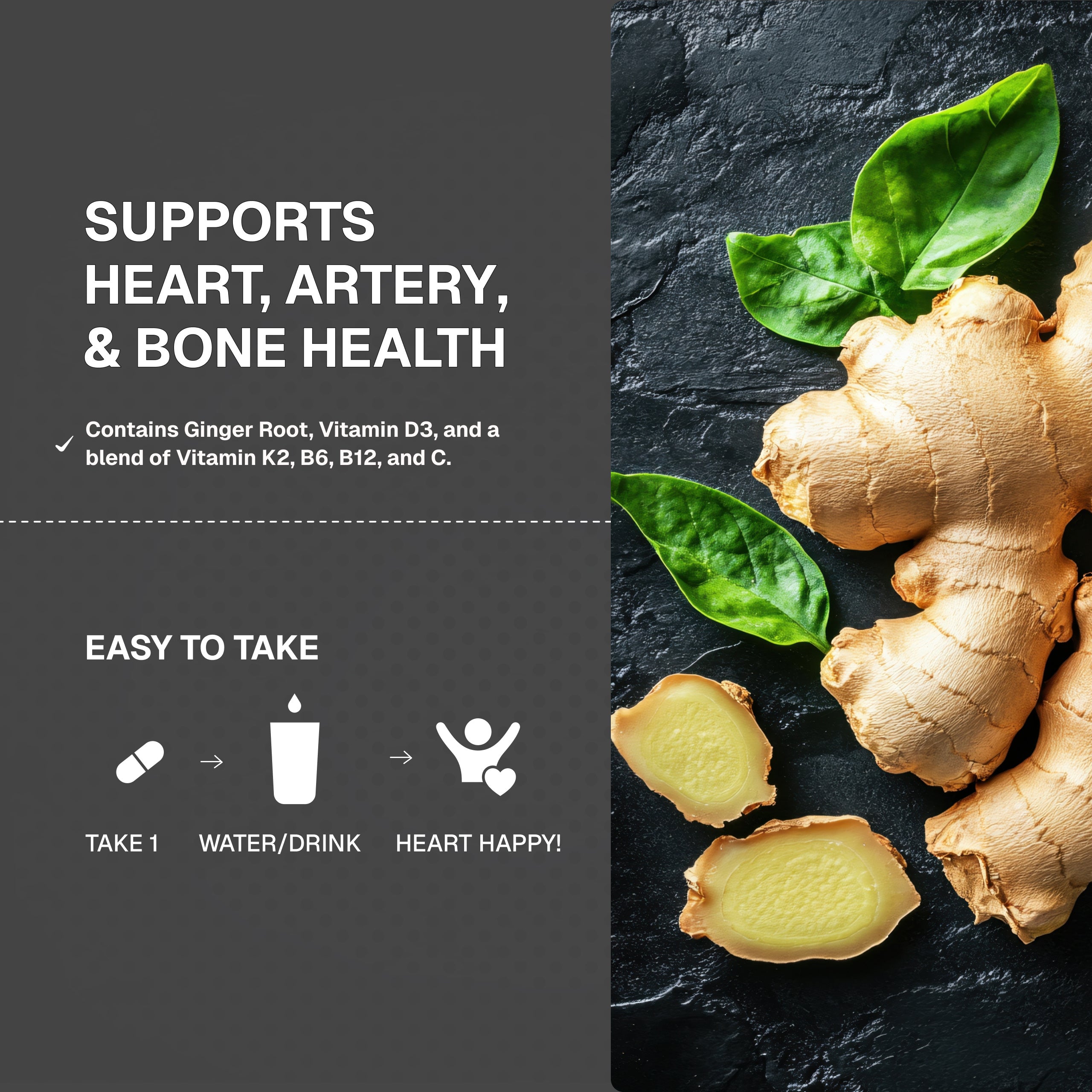
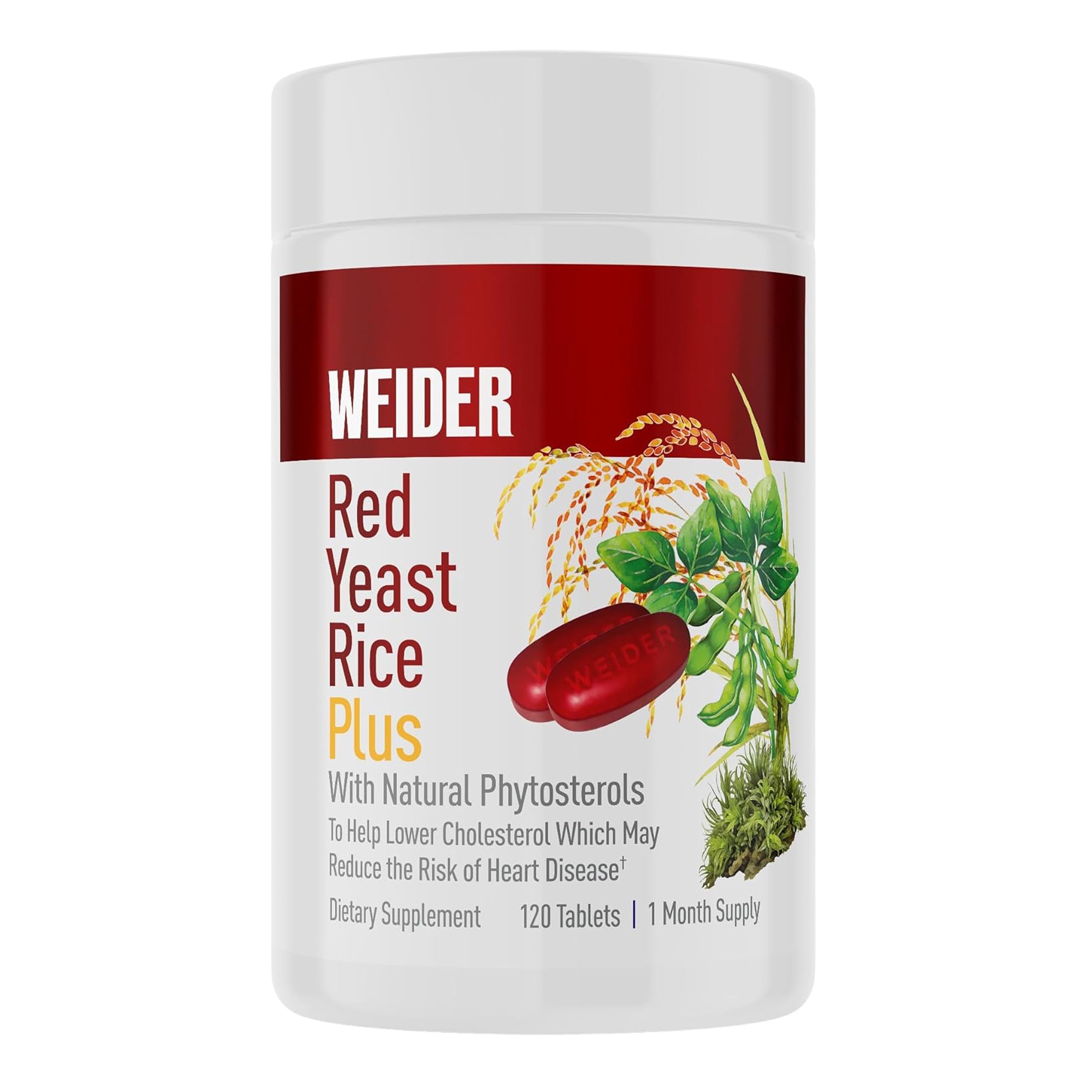
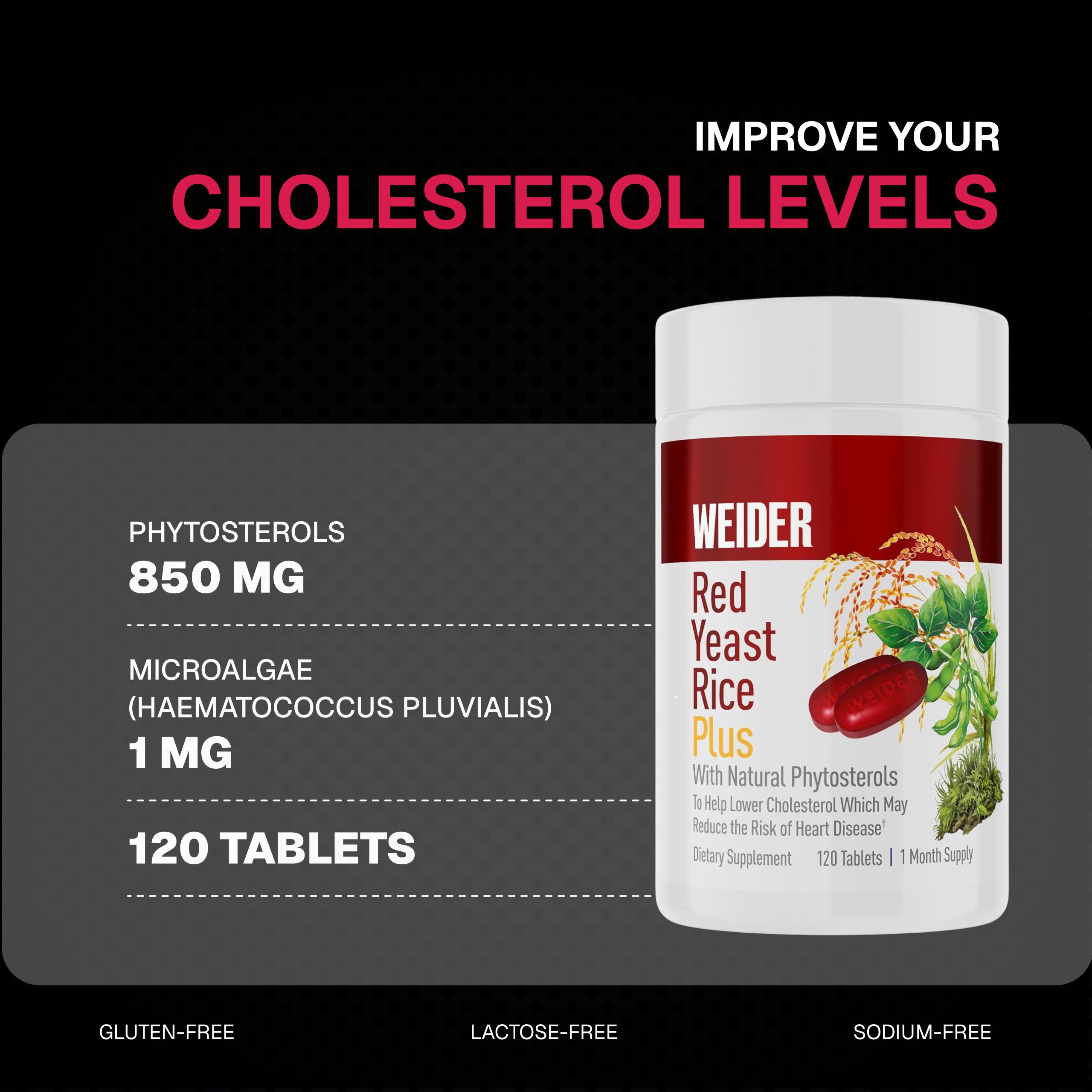
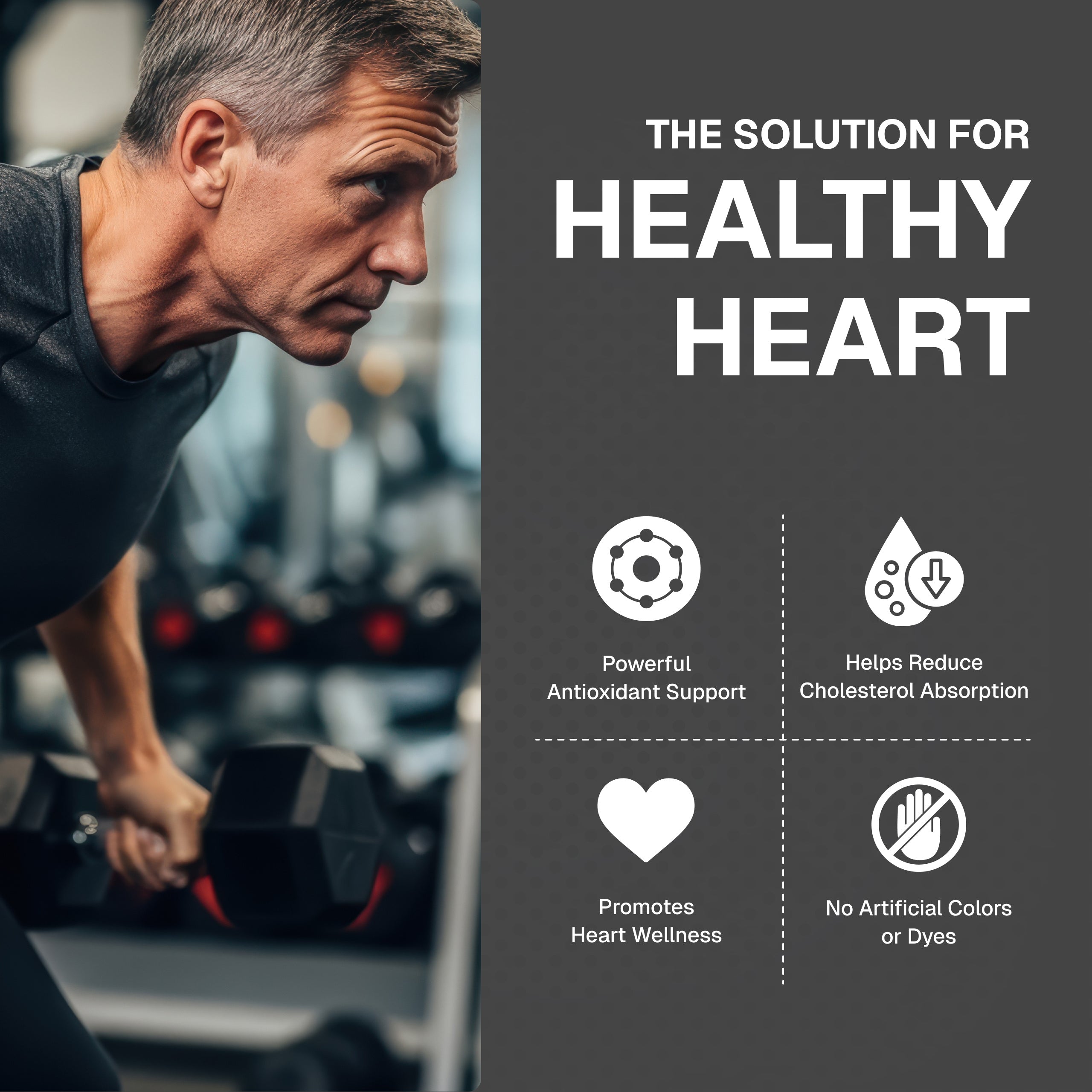
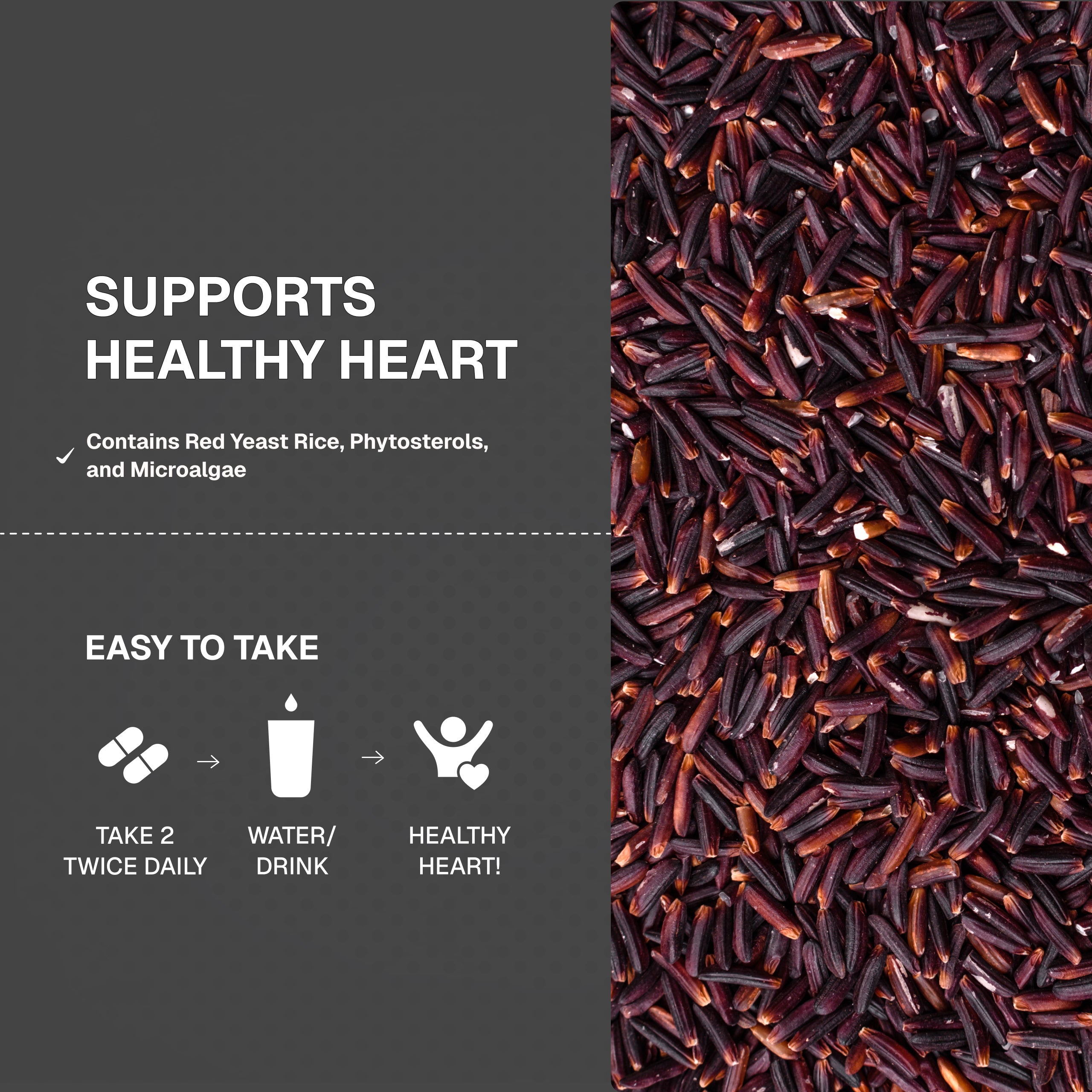
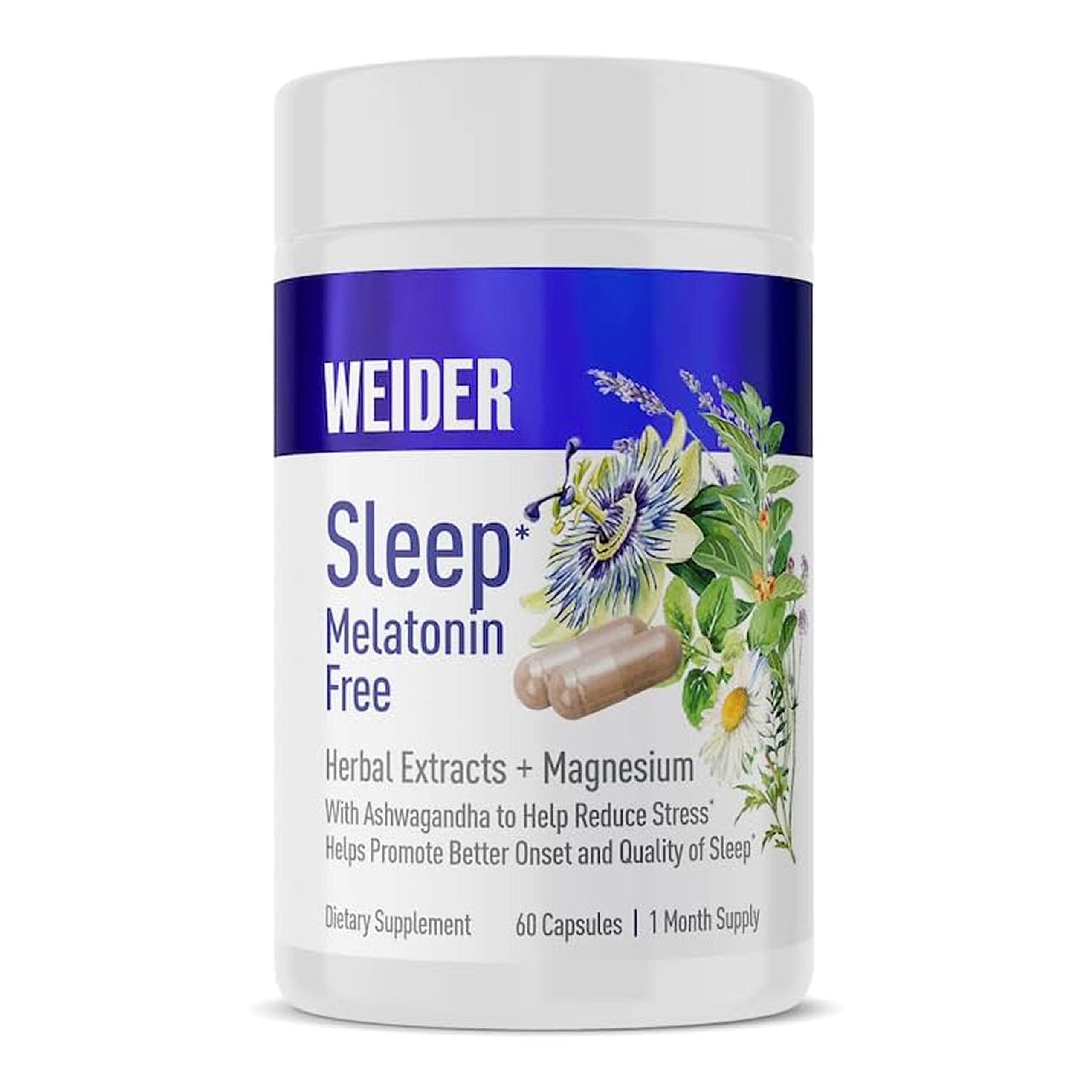
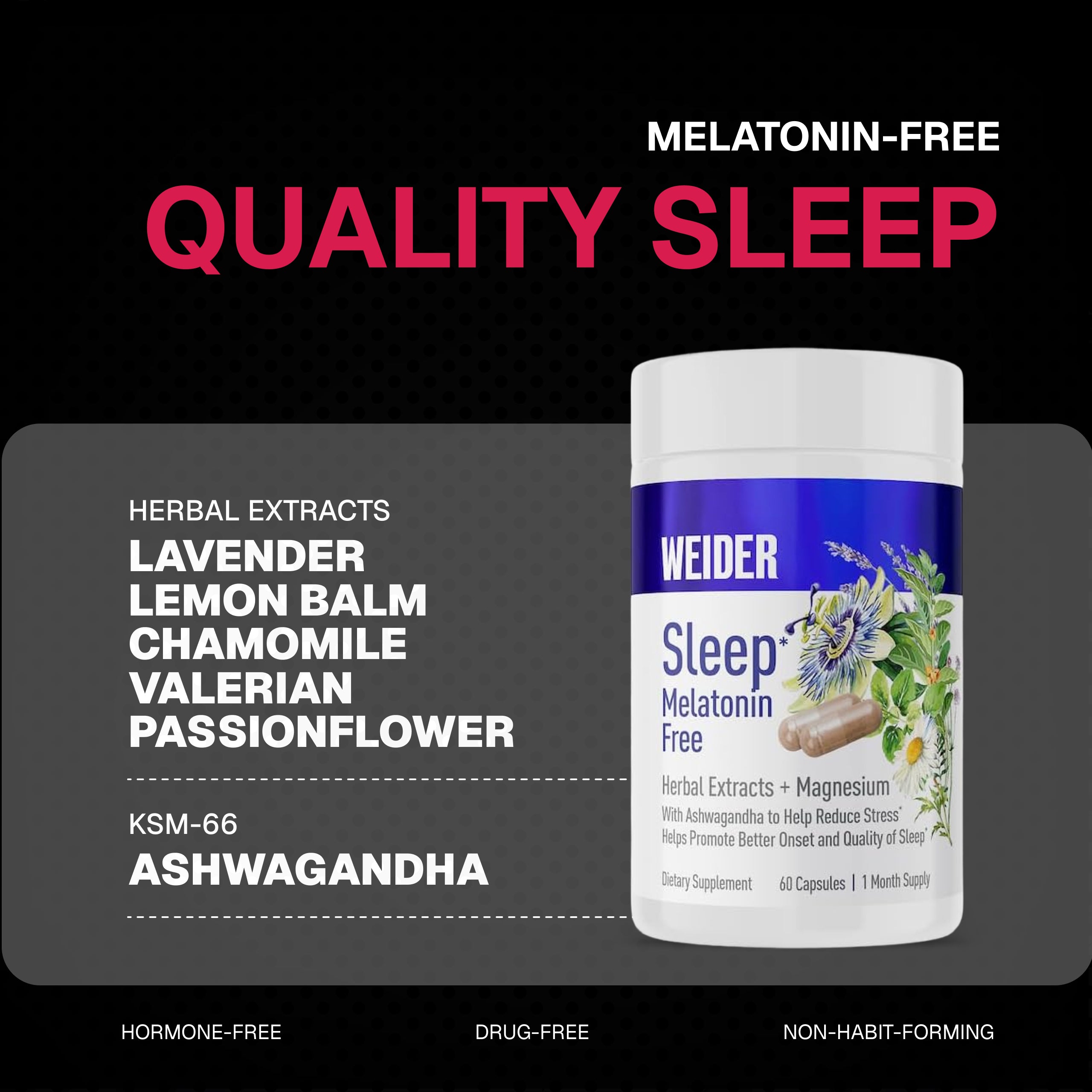


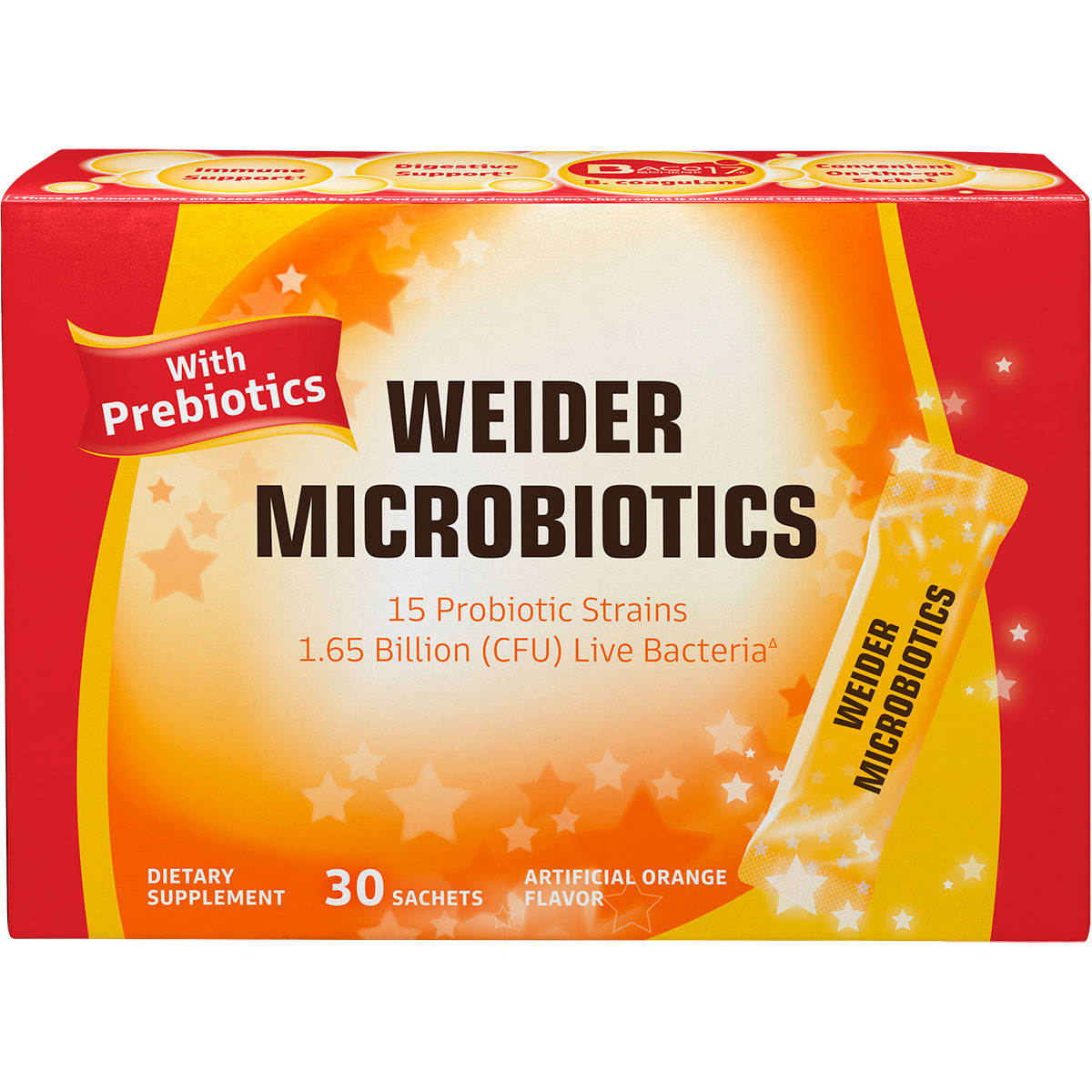

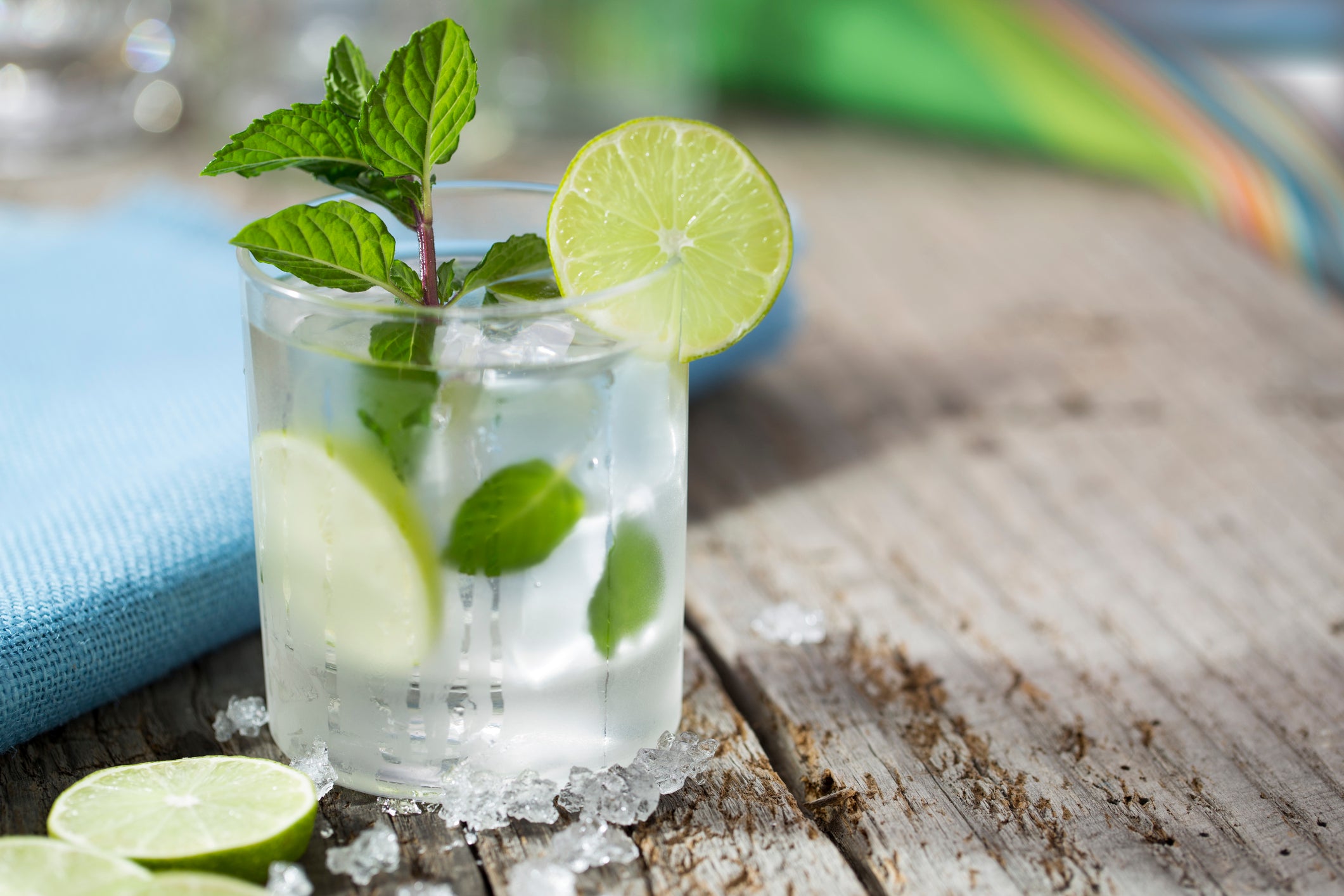
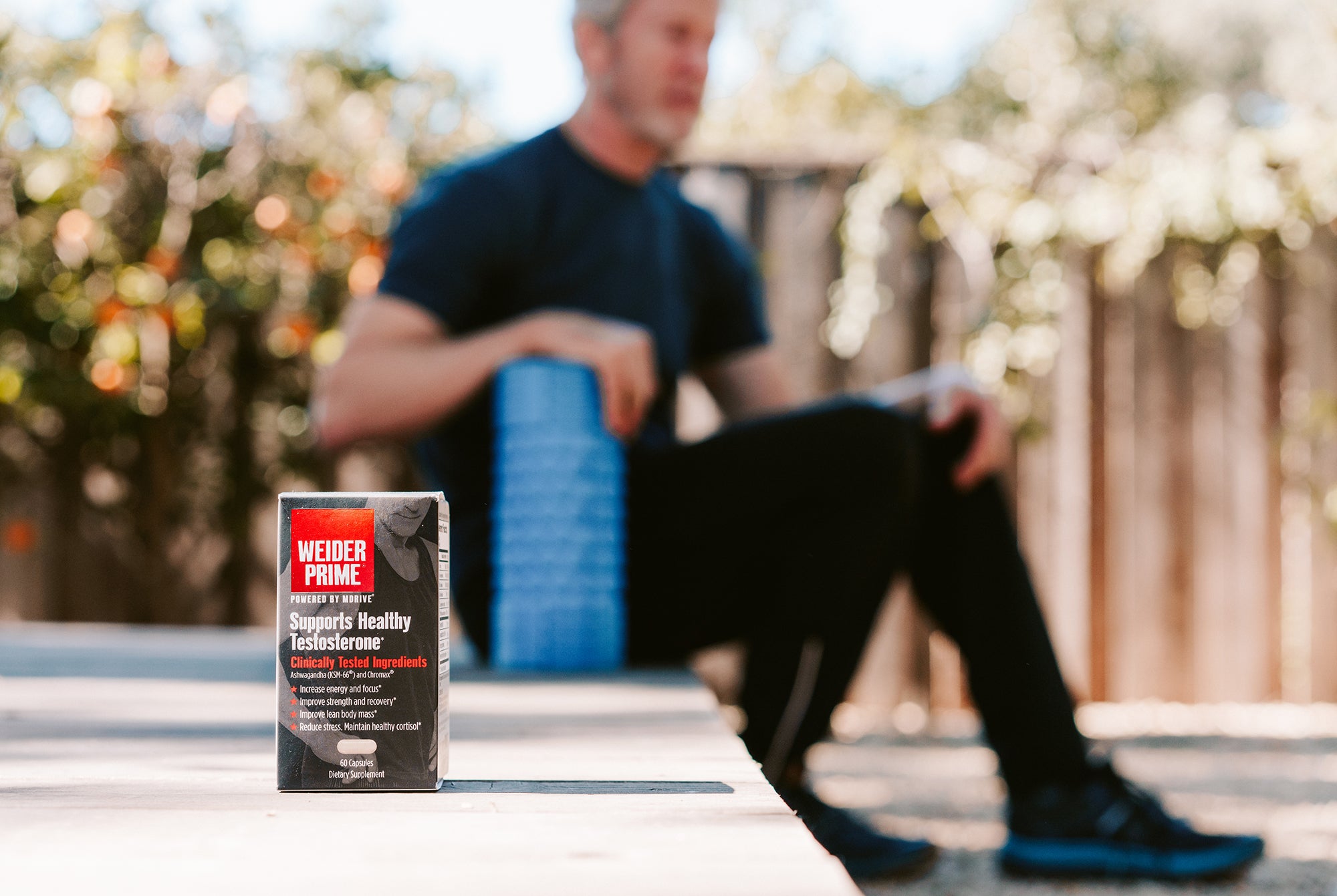
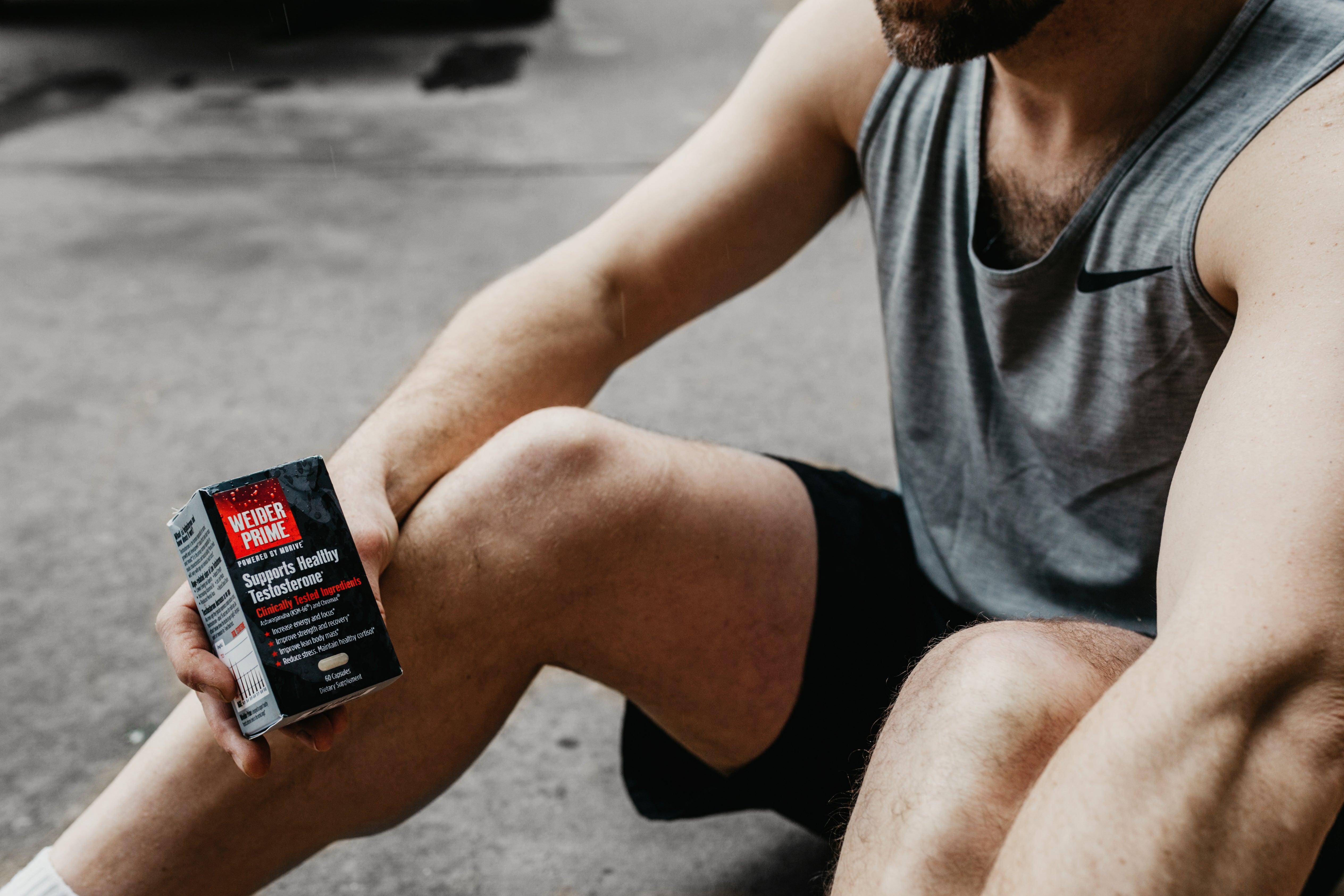
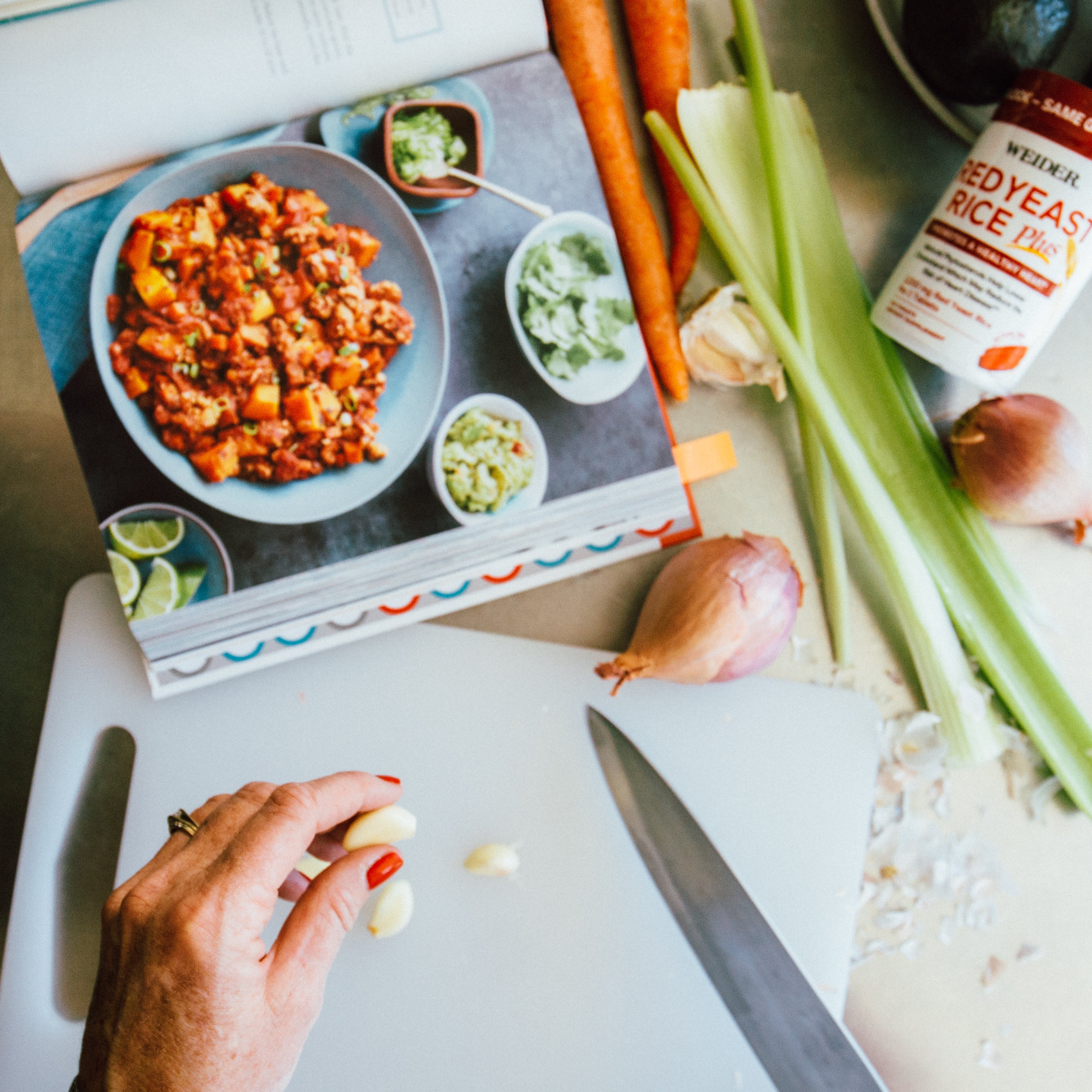
Share:
Jumpstart Your Morning: Protein Packed Pancakes
The Best Exercises For Lower Abs